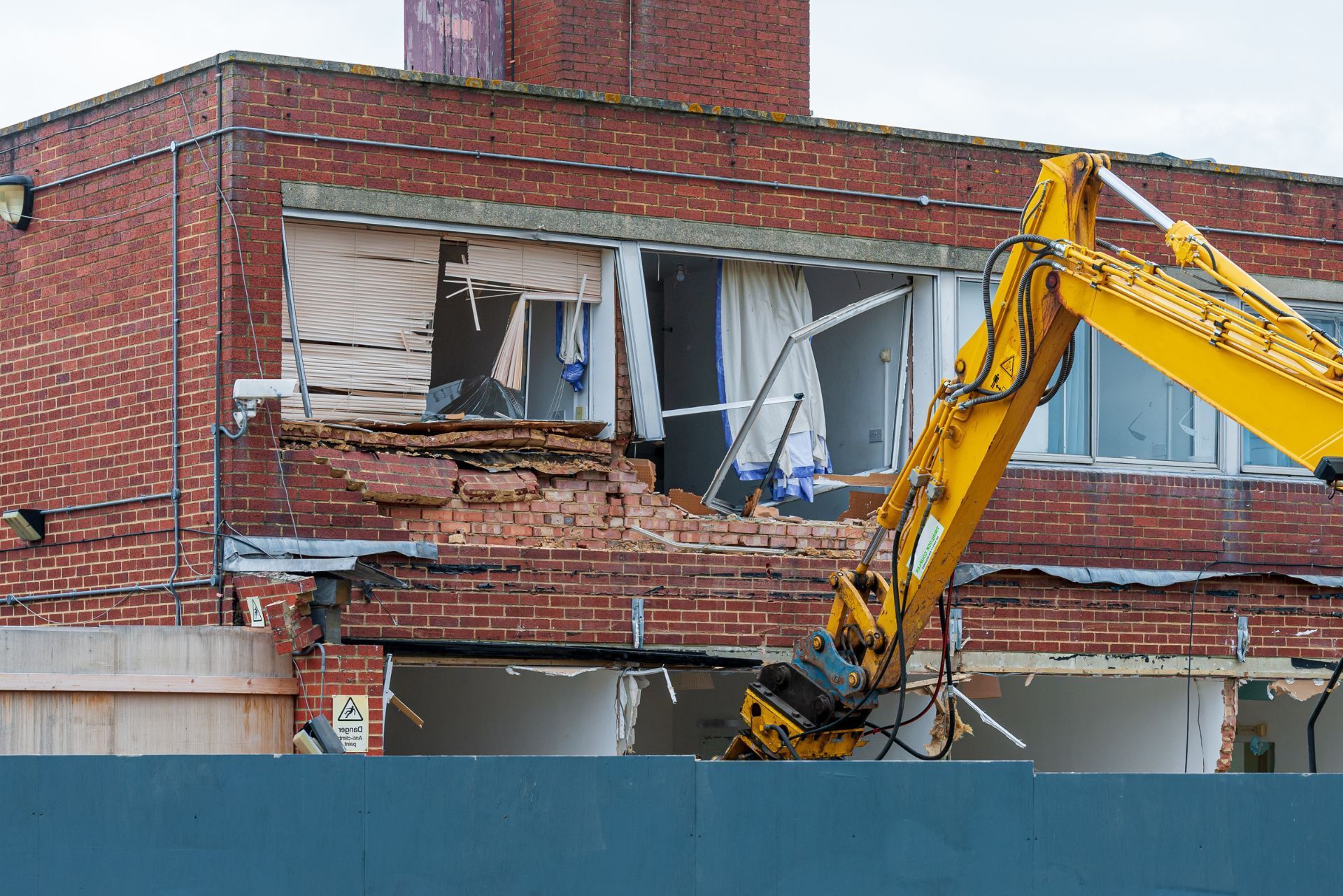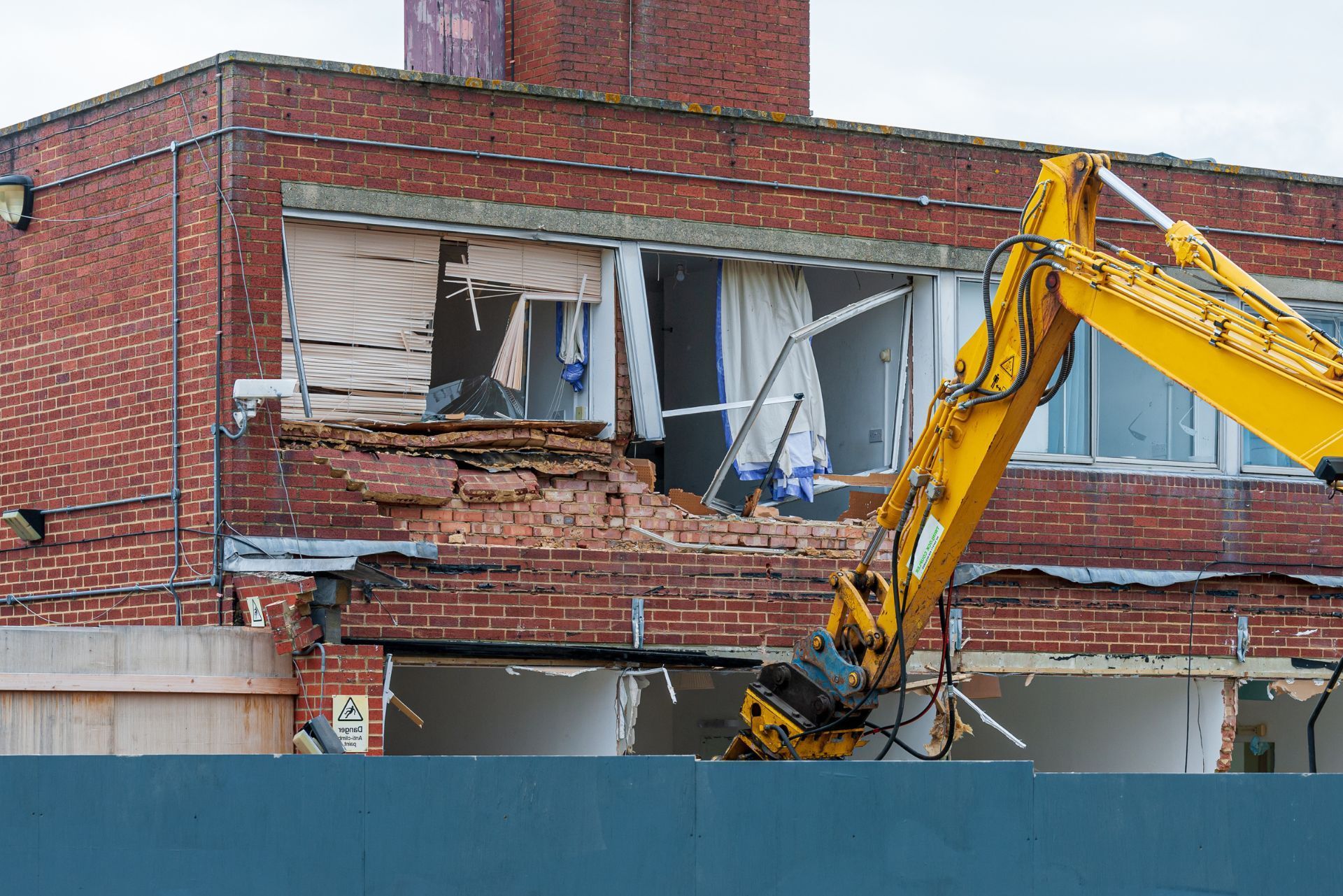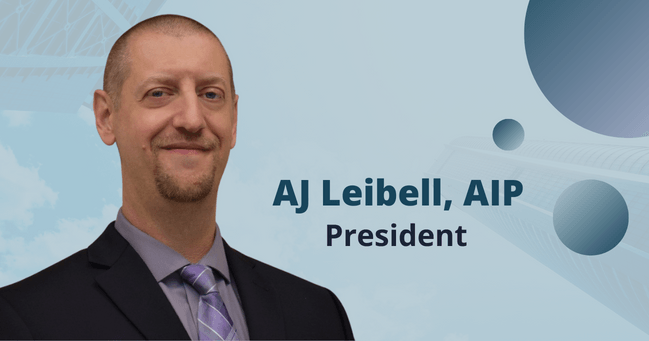Florida Demolition Contractor Insurance
8:30am - 5:00pm Mon-Fri
Will Reply in 15min*
Top Recommended Business Insurance Policies

Index
Understanding the Risks for Demolition Contractors in Florida
Key Types of Insurance for Florida Demolition Contractors
How Legislative Reforms Are Shaping Florida’s Insurance Market
Insurance Premium Trends and Cost Drivers in Florida
Choosing the Right Insurance Provider and Policy
Conclusion: Navigating Florida’s Demolition Contractor Insurance Landscape
Contact Us
Phone
Location
Demolition contractors in Florida face a unique set of challenges that make insurance coverage not just a formality but a critical business necessity. From the state’s volatile weather patterns to its complex legal environment, understanding the nuances of demolition contractor insurance can mean the difference between thriving and struggling in this competitive market. This comprehensive guide explores everything demolition contractors need to know about insurance in Florida, including current market trends, risk factors, and legislative changes shaping the industry.
Given Florida’s high homeowners insurance premiums—averaging around $3,600 annually—contractors must navigate an insurance landscape that reflects the state’s elevated risk profile. For more detailed information on Florida’s insurance environment, the
Florida Chief Financial Officer’s office provides valuable insights.
Understanding the Risks for Demolition Contractors in Florida
Demolition work inherently involves significant hazards, from structural instability to heavy machinery operation. In Florida, these risks are amplified by frequent severe weather events such as hurricanes and tropical storms. Mark Coy, program manager for demolition contractors at Amwins Program Underwriters, highlights how these weather events have increased both the volume and complexity of demolition projects. He emphasizes that “the nature and scale of this work demand a careful and cautionary approach,” underscoring the importance of comprehensive insurance coverage tailored to these conditions.
Moreover, Florida’s construction workforce experiences a relatively high injury rate, with OSHA reporting 3.8 injuries per 100 workers annually. This statistic not only reflects the hazardous nature of the work but also contributes to increased liability exposure for contractors. Adequate workers’ compensation and general liability insurance are essential to protect against the financial fallout of workplace injuries. Additionally, the unique environmental factors in Florida, such as the prevalence of sinkholes and unstable soil conditions, further complicate the safety landscape, necessitating ongoing training and risk assessment for workers on site.
Weather-Related Risks and Their Impact
Florida’s susceptibility to hurricanes and storms means that demolition contractors often handle post-disaster projects. These jobs can be urgent and complex, requiring specialized insurance policies that cover rapid response and high-risk environments. Insurance providers may adjust premiums to reflect these elevated risks, making it crucial for contractors to shop around and understand policy details thoroughly. Furthermore, the aftermath of a hurricane can lead to a surge in demand for demolition services, which may inadvertently pressure contractors to expedite their processes, potentially overlooking safety protocols. This creates a paradox where the urgency of the work can lead to increased risks, both for the workers and the surrounding community.
Legal Environment and Litigation Risks
Florida’s insurance litigation environment is notably intense. Despite accounting for only 7% of all insurance claims nationwide, Florida cases represent 76% of all lawsuits against insurance companies. This disproportionate litigation climate affects demolition contractors indirectly, as insurance companies adjust their underwriting and pricing strategies to mitigate legal risks. Contractors should be aware that their insurance premiums may reflect this broader market dynamic. Additionally, the legal landscape is further complicated by the presence of strict liability laws in Florida, which can hold contractors accountable for damages regardless of fault. This means that even minor oversights during a demolition project could lead to substantial legal repercussions, making it imperative for contractors to maintain meticulous records and adhere to all safety regulations to defend against potential claims.
Key Types of Insurance for Florida Demolition Contractors
Demolition contractors require a combination of insurance policies to cover the diverse risks they face. Understanding these key types of insurance can help contractors build a robust risk management strategy.
General Liability Insurance
This is the cornerstone of any demolition contractor’s insurance portfolio. It covers third-party bodily injury, property damage, and legal defense costs arising from accidents on the job site. Given the high-risk nature of demolition work, general liability limits should be carefully considered to ensure adequate protection. In addition to standard coverage, contractors may want to explore endorsements that can expand their policy to include coverage for completed operations, which protects against claims that arise after a project is finished. This is particularly important in demolition, where unforeseen issues can surface long after the dust has settled.
Workers’ Compensation Insurance
Florida law mandates workers’ compensation coverage for most employers. This insurance covers medical expenses and lost wages for employees injured on the job. Considering the 3.8 injury rate per 100 workers in Florida’s construction sector, this coverage is indispensable for demolition contractors. Moreover, contractors should be aware of the importance of safety training and protocols, as these can significantly reduce the likelihood of workplace injuries. Implementing a comprehensive safety program not only protects workers but can also lead to lower insurance premiums over time, creating a win-win situation for both the contractor and their employees.
Builder’s Risk and Equipment Insurance
While builder’s risk insurance traditionally covers construction projects, it is increasingly important for demolition contractors managing complex projects that involve partial construction or reconstruction. Notably, builder’s risk premiums in Florida have surged from 1-2% to 7-8% of total project costs, driven by litigation and rising construction expenses. Additionally, specialized equipment insurance protects costly machinery from damage or theft, which is critical given the heavy equipment used in demolition. As contractors invest in advanced machinery, such as excavators and bulldozers, ensuring these assets are adequately insured becomes essential to avoid significant financial losses in the event of an accident or theft.
Pollution Liability Insurance
Demolition projects often involve hazardous materials like asbestos or lead paint. Pollution liability insurance protects contractors against claims related to environmental contamination, which can be costly and complicated to resolve. This type of insurance is particularly vital in Florida, where the warm climate can exacerbate the spread of contaminants. Furthermore, contractors should consider the implications of state and federal regulations regarding hazardous waste disposal. By staying informed and compliant, contractors can mitigate risks associated with environmental liabilities and enhance their reputation as responsible operators in the demolition industry.

How Legislative Reforms Are Shaping Florida’s Insurance Market
Recent legislative reforms in Florida are gradually stabilizing the property insurance market, which indirectly benefits demolition contractors seeking insurance coverage. The Insurance Information Institute reports that reforms passed in 2022 and 2023 have paved the way for a more stable market by curbing legal system abuse and fraud. These changes have led to the depopulation of Citizens Property Insurance Corp. and the approval of eight new property insurers entering the market in 2024, increasing competition and options for insured parties.
One significant impact of these reforms is the dramatic reduction in underwriting losses—from $1.80 billion in 2022 to $190.8 million in 2023—indicating improved market health. These positive trends suggest that demolition contractors may soon benefit from more competitive insurance premiums and broader coverage options. For more details on these legislative changes, visit the Insurance Information Institute’s report.
Improved Claims Management Efficiency
The reforms have also enhanced claims management efficiency, as reflected by Florida’s defense and cost-containment expenses (DCCE) ratio falling from 8.4 in 2022 to 3.1 in 2023. This improvement means insurers are managing claims more effectively, which could translate into more reliable and timely claim settlements for contractors. With a more streamlined process, demolition contractors can expect reduced delays in receiving funds for claims, allowing them to maintain cash flow and manage ongoing projects without interruption.
Furthermore, the legislative changes have introduced stricter guidelines for the handling of claims, ensuring that insurers are held accountable for timely responses. This accountability not only fosters trust between contractors and insurance providers but also encourages a more proactive approach to risk management. As a result, demolition contractors may find themselves better equipped to address unforeseen challenges on job sites, knowing that their insurance policies are backed by a more robust and reliable framework. The overall enhancement of the insurance landscape in Florida could lead to a ripple effect, encouraging more contractors to enter the market, thereby stimulating economic growth in the construction and demolition sectors.
Insurance Premium Trends and Cost Drivers in Florida
Insurance premiums for demolition contractors in Florida have been influenced by several factors, including litigation, construction costs, and weather-related risks. Understanding these trends can help contractors anticipate expenses and plan accordingly.
Rising Premiums Due to Litigation and Construction Costs
Builder’s risk insurance premiums have notably increased, rising from 1-2% to 7-8% of total project costs. This surge is largely attributed to increased litigation and escalating construction expenses. The high volume of lawsuits in Florida’s insurance sector, as reported by the Miami Herald, exacerbates this trend, with the state accounting for a disproportionate share of nationwide insurance lawsuits. The legal environment has become increasingly complex, with contractors often facing claims that challenge the adequacy of safety measures and compliance with regulations. As a result, insurers are compelled to adjust their pricing to mitigate the financial risks associated with potential payouts.
Impact of Weather-Related Claims
Florida’s frequent severe weather events contribute to higher insurance claims, which in turn affect premium rates. Demolition contractors involved in post-disaster work face heightened risks that insurers factor into their pricing models. This dynamic underscores the importance of working with insurers experienced in Florida’s unique risk environment. Additionally, the increasing frequency of hurricanes and tropical storms has led to a rise in demand for demolition services, particularly in areas severely impacted by natural disasters. This demand can create a ripple effect, as contractors may find themselves competing for limited resources and labor, further driving up costs. Moreover, the unpredictability of weather patterns necessitates that contractors maintain robust risk management strategies, including comprehensive insurance coverage and contingency planning, to safeguard their operations against unforeseen events.

Choosing the Right Insurance Provider and Policy
Selecting the right insurance provider and policy is critical for Florida demolition contractors. Given the evolving market conditions and complex risk factors, contractors should prioritize insurers with strong expertise in demolition and construction risks. A well-chosen insurance provider not only offers the necessary coverage but also understands the unique challenges faced by demolition contractors, such as regulatory compliance and safety standards that are specific to Florida's diverse environments.
Evaluating Coverage Limits and Exclusions
Contractors should carefully review coverage limits to ensure they are sufficient for potential liabilities. Exclusions related to environmental hazards, subcontractor work, or specific types of damage should be understood to avoid coverage gaps. For instance, Florida's humid climate can lead to mold and other environmental issues that may not be covered under standard policies. Additionally, contractors should consider the implications of working near residential areas or historical sites, where specific regulations may impose further liabilities that need to be addressed in their coverage.
Working with Specialized Insurance Brokers
Engaging brokers who specialize in demolition contractor insurance can provide valuable guidance. These professionals understand the nuances of Florida’s market and can help tailor policies to meet specific project needs and risk profiles. A specialized broker can also assist in navigating the intricacies of local laws and regulations, ensuring that contractors are not only adequately insured but also compliant with state mandates. Furthermore, these brokers often have established relationships with multiple insurers, allowing them to negotiate better terms and premiums on behalf of their clients, ultimately leading to more customized and cost-effective insurance solutions.
Moreover, specialized brokers can provide insights into emerging trends in the demolition industry, such as advancements in technology and safety protocols, which may influence the types of coverage needed. They can help contractors stay ahead of the curve by recommending policies that include coverage for new equipment or methods that enhance safety and efficiency on the job site. This proactive approach not only protects contractors from unforeseen risks but also positions them as leaders in the competitive demolition market.
Conclusion: Navigating Florida’s Demolition Contractor Insurance Landscape
Florida demolition contractors operate in a challenging environment marked by high risks, complex legal dynamics, and evolving insurance markets. Comprehensive insurance coverage is essential to protect against the multifaceted hazards inherent in demolition work, from workplace injuries to environmental liabilities and weather-related damages.
Recent legislative reforms and market improvements offer a more optimistic outlook for contractors seeking insurance, but rising premiums and litigation risks remain significant considerations. By understanding the types of insurance needed, staying informed about market trends, and working with knowledgeable providers, demolition contractors can better safeguard their businesses and focus on delivering safe, efficient demolition services.
For further insights into Florida’s construction insurance landscape, including risk management strategies and premium trends, the Miami Herald’s coverage on insurance litigation and the OSHA reports on construction workforce injuries provide valuable perspectives.








